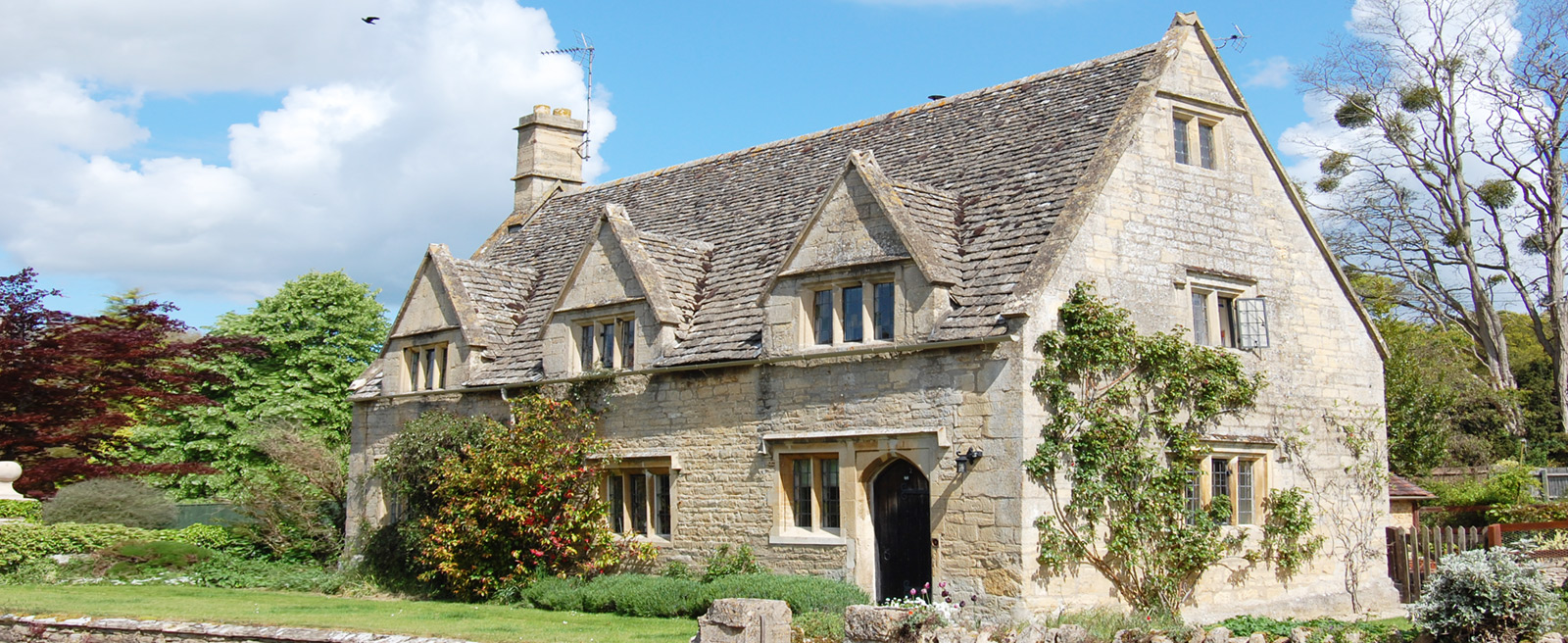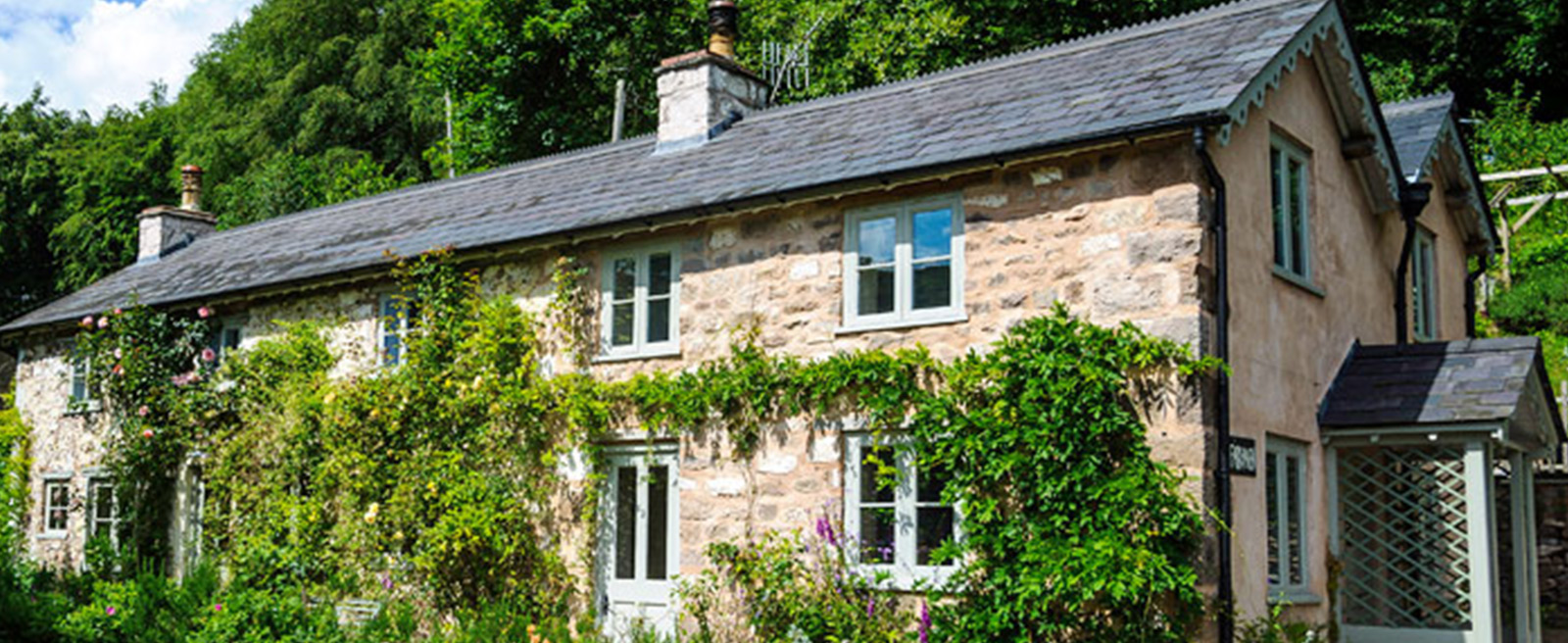The UK Market
Competition is intensifying in the UK self-catering holiday market. Your property now has to let extremely well to generate a decent yield so you need to be fully aware of the current trends in the sector before you spend your hard-earned cash. The market highlights are summarised below;
- Supply There are now circa 100,000 cottages, lodges and glamping sites available to let in the UK. During the past 2 years growth in supply of the total lettings stock has outstripped demand which has been brought about by the rapid rise in popularity of AirB&B and a surge in glamping sites.
- Demand Consumer demand for UK holidays has remained strong, particularly for luxury accommodation. The outlook remains promising as security checks at airports, terrorism threats and a weak exchange rate for the £ have dampened demand for foreign holidays in the sun. Short breaks are showing the highest growth in the UK.
- Sales Channels Consumers now have immediate access a vast array of shopping channels to buy a self-catering holiday. Property owners need to use a balanced mix of channels to maximise their occupancy and net income.
- Guest ExpectationsThese have risen significantly over the past 10 years. Quality furnishings and service are paramount and putting in Granny's cast offs is no longer acceptable.
What level of return can you expect to earn from your property investment?
As a rule of thumb the gross rental yield will average 8% of the purchase price and furnishings costs of a 2 to 3 bedroom cottage. The net yield after marketing fees, cleaning costs and utility bills will average 4%. The figures will vary with location, size and USP’s of the property.
Is buying a holiday cottage a good investment?
Yes it certainly can be as long as long as the decision weighs up the following factors;
- Your cash will earn a better return than leaving it in a savings account in your bank
- You will earn sufficient income to cover all the fixed costs of second home ownership
- You will, hopefully receive steady capital appreciation on your asset
- You can enjoy your investment first hand, something you cannot do with stocks and shares
- You will earn a higher net return from a residential buy to let investment as the tenants will pay the majority of the running costs. The upsides of holiday lets against long term lets are:
1) retaining control of your property, 2) no long voids in rental income and 3) more generous tax allowances.

